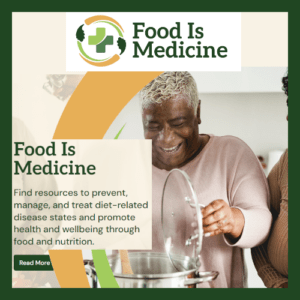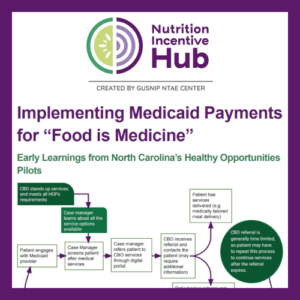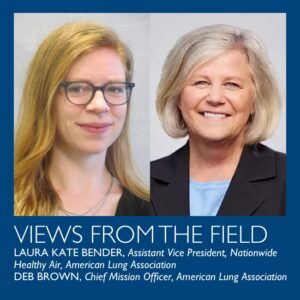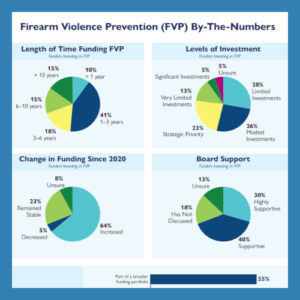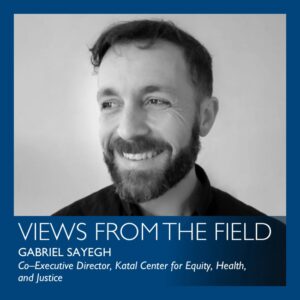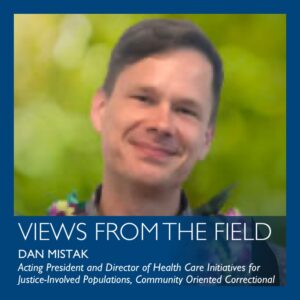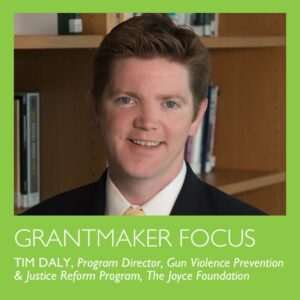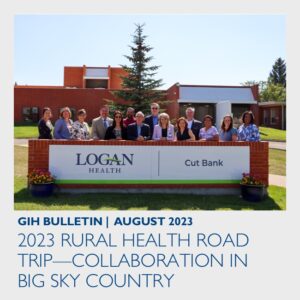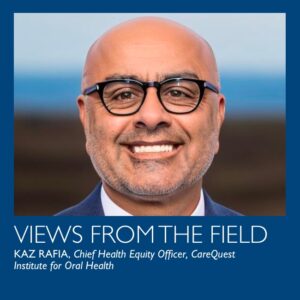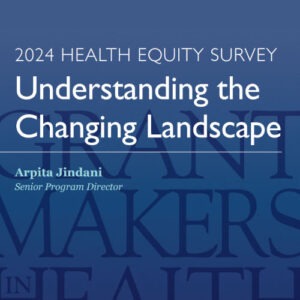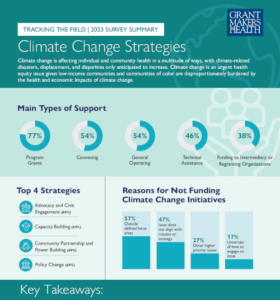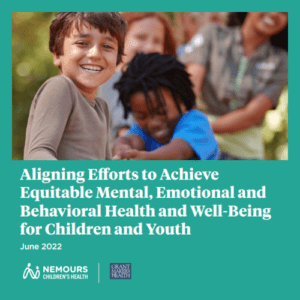Upcoming Events
Past Events
Featured Resources
New America Report Examines Subminimum Wage for Disabled Workers
Under the Fair Labor Standards Act, employers are allowed to pay disabled workers less than the federal minimum wage, which has significant impacts on these workers’ health and well-being. A report from New America examines, state by state, the policies that drive the use or elimination of the subminimum wage, as well as the programs each state provides to more comprehensively support individuals with disabilities as they seek meaningful employment and fair wages.
HHS Launches New Food is Medicine Virtual Toolkit
The Toolkit was developed in response to the National Strategy on Hunger, Nutrition, and Health and to support communities design and implement effective Food is Medicine interventions.
Case Study Examines Early Learnings in Using Medicaid Payments for Food is Medicine
A new resource commissioned by the Fair Food Network examines the early learnings from the Healthy Opportunities Pilots effort in North Carolina to use federal 1115 Medicaid Demonstration Waiver funding to scale and sustain community-based implementation of a combination of produce prescription programs, medically tailored meal programs, and nutrition education.
Explore Health Equity and Social Justice Topics
Recent Items - Climate and Environmental Health
The Health Sector is a Critical Voice in Climate Advocacy
Recent Items - Health Equity
Let’s Take Courageous Steps Together in 2025
Recent Items - Healthy Eating/Active Living
The National Peanut Board: April 2025
Recent Items - Housing
Marin Community Foundation: October 2024
Horizon Foundation: September 2024
Recent Items - Justice Reform
Recent Items - Social Determinants of Health
Marin Community Foundation: October 2024
Recent Items - Violence Prevention
The Joyce Foundation
Latest Resources
The Pottstown Area Health & Wellness Foundation: September 2023
Applications for The Pottstown Area Health & Wellness Foundation’s 2023 Fall Grant Cycle are now open until October 2. Technical Assistance sessions will be available September 11-25.
Case Study Examines Early Learnings in Using Medicaid Payments for Food is Medicine
A new resource commissioned by the Fair Food Network examines the early learnings from the Healthy Opportunities Pilots effort in North Carolina to use federal 1115 Medicaid Demonstration Waiver funding to scale and sustain community-based implementation of a combination of produce prescription programs, medically tailored meal programs, and nutrition education.
Grantmakers In Health Position Statement: Nutrition Security in the 2023 Farm Bill
Grantmakers In Health firmly believes a Farm Bill that prioritizes a wholistic approach addressing both the roots causes of nutrition insecurity and the immediate needs of communities is of paramount importance to health and can lead to better health for all.
2023 Rural Health Road Trip—Collaboration in Big Sky Country
It is hard to believe we are approaching the end of summer. It has been a bit of a blur, going from one conference to the next, and planning for fall meetings. For the second year since joining GIH, I was able to participate in our rural health road trip, an annual tradition started by the Federal Office of Rural Health Policy and National Rural Health Association in 2014.
Thirty-Three Years Later: Oral Health Care Still Not Accessible for Individuals with Disabilities
The Americans with Disabilities Act (ADA), enacted on July 26, 1990, stands as one of the most significant civil rights laws in U.S. history. Designed to eliminate discrimination and ensure equal opportunities for Americans with disabilities, the ADA has had a profound impact on advancing health equity in various domains, including oral health. The ADA has been a transformative force in advancing health equity for Americans with disabilities by championing their rights to accessible health care services. Under Title II of the ADA, state and local governments, including public healthcare institutions, are mandated to offer equal access and reasonable accommodations to individuals with disabilities. This ensures that medical facilities, including dental offices, are equipped to cater to diverse patient needs, fostering an environment where disabled individuals can receive oral health services with dignity and equality
Episcopal Health Foundation’s Journey in Advancing Medicaid Non-Medical Drivers of Health in Texas
Access to affordable medical care is vitally important, but it is only 20 percent of what contributes to a person’s overall health. The remaining 80 percent is determined by social and economic status, health behaviors, community safety, physical environment, and much more. From grantmaking to working with community partners and congregations to providing research, EHF supports solutions that address underlying factors impacting health.
Reports and Publications
2024 Health Equity Survey: Understanding the Changing Landscape
In 2024, Grantmakers In Health (GIH) surveyed its Funding Partners to understand how their health equity work has evolved. The survey consisted of 40 questions including demographic information, program focus areas, partner engagement, organizational strategy, priority population, successes, and challenges. This report summarizes findings from the Health Equity Survey titled, “Understanding the Changing Landscape.”
2023 Survey Summary: Climate Change Strategies
This infographic summarizes the responses to a Grantmakers In Health funder survey, conducted in May and June 2023, on how philanthropy is addressing climate change, and the barriers and opportunities that exist to support climate-related efforts.
Aligning Efforts to Achieve Equitable Mental, Emotional, and Behavioral Health and Well-Being for Children and Youth
This report issues a call to action for philanthropic organizations and public-sector partners that are ready to move forward in improving mental, emotional, and behavioral health. It describes existing philanthropic and federal initiatives and offers a potential portfolio of aligned strategies for private- and public-sector partners to consider.
Strengthen your knowledge, skills, and capacity.
GIH focuses our programming around five areas that are critical to achieving better health for all.
We invite you to explore the resources available on our focus areas pages, browse content in more specific issue areas, and to connect with GIH staff to discuss how we can partner and support your work.


